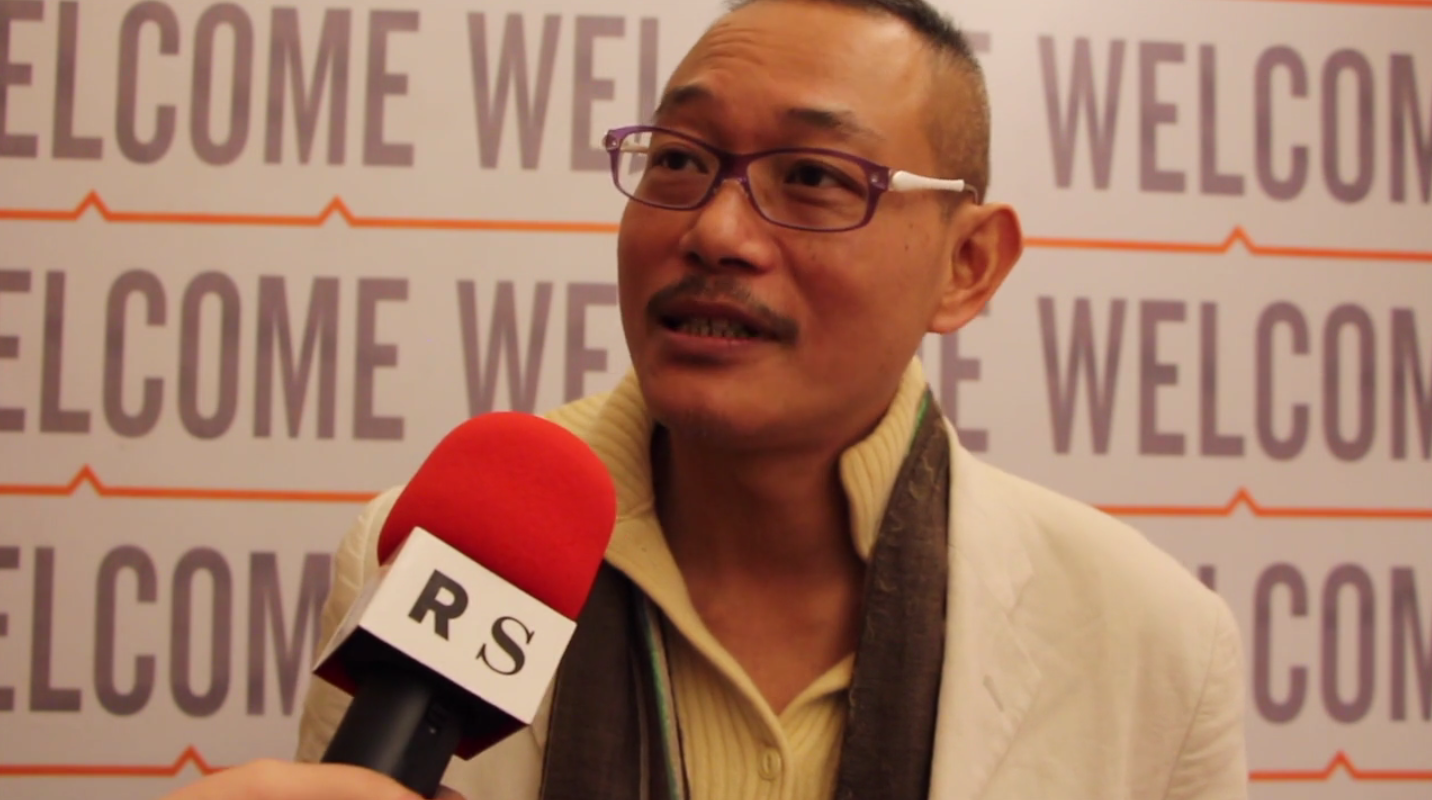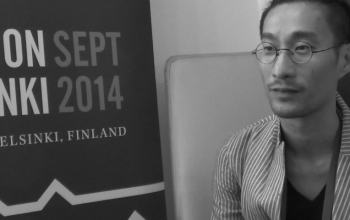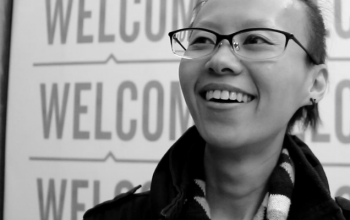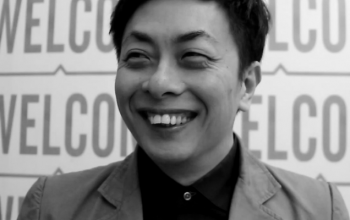Wai-lap Kwong has spent over 20 years in the arts, as manager and consultant in diverse organisations. Read on to learn more about the state of financial support for arts projects in China.
Hey, who are you and what do you do?
You can call me Lap, my name is Kwong Wai-lap. I’m now based in Kuang Chao, a city in Southern China. For eight years I’ve been running a modern dance festival there which is one of the biggest in China. Before that, I spent a couple of years as the program and marketing director of Macao Culture Center. I have also worked at the program department of Hong Kong Arts Festival. In 2006 some friends and I set up Fringe Shanghai in Shanghai City. For the past four years, I’ve been concentrated more in the international cooperation and development projects.
What kinds of projects you have done lately?
There is no subsidy system in China. It is difficult for Chinese artists to get financial support to concentrate on creation and developing themselves. I can see that my role has changed from a festival presenter after realizing that there is a big need for someone who can find the platform or the opportunity for the Chinese artists to move on without being bored by the bureaucracy. For example I’m now working with a project in Yokohama with artists from Nanning, Guangxi province in China. They had meetings in Japan and in China and in February they presented a new work in TPAM Tokyo Performing Arts Meeting. This is one of the projects I’m working with right now. I’ve been working with other festivals in Korea and Japan and hopefully we could create an exchange platform for young artists.
Somebody has to help Chinese artists to find a sustainable source of financial support
How many Asian countries support international cooperation in the arts field?
Actually not many. The most active country doing Asian arts exchange must be Singapore because the government actually has money for that and many foundations. Apart from Singapore I can’t think of any country or institution that would be very active. We used to have a Ford Foundation but they have finished their funding already in Asia. It’s very difficult after a lot of money comes from the private sector or by donation. Recently there was a festival in Lidiao in China that was supported by a private company. This is more and more a trend now to use private money to support arts and culture. The bad thing is that they don’t usually have a board of directors. So when the big boss suddenly realizes that he doesn’t have a good year in business, all the art activities will stop. Somebody has to help Chinese artists to find a sustainable source of financial support. I think that is very important.
Do you have any solution to this in mind?
There is no solution. In Asia it’s still very much person to person relationships. Meaning we don’t have a lot of “write an application” kind of grant thing. It’s more about finding the right person who wants to be a patrons of the arts. And then gradually develop that kind of a relationship into an arts foundation. That would be the best solution I think.
One of the most important changes in China is that now young artists can set up their own companies.
How has the field changed during the time of your career?
In the past 20 years it has changed a lot, and the change came very fast! One of the most important changes is that now young artists can set up their own companies in China. They can run legal organizations. This is why there are a lot more younger groups in China. But the problem is that there is no infrastructure for them to develop their work. So a lot of the groups only work together for a couple of years and then quit. I don’t know what would happen next, that’s why I try to change my role to find more sustainable resources for the development. Who knows, maybe the government changes their policies next year, you never know.







